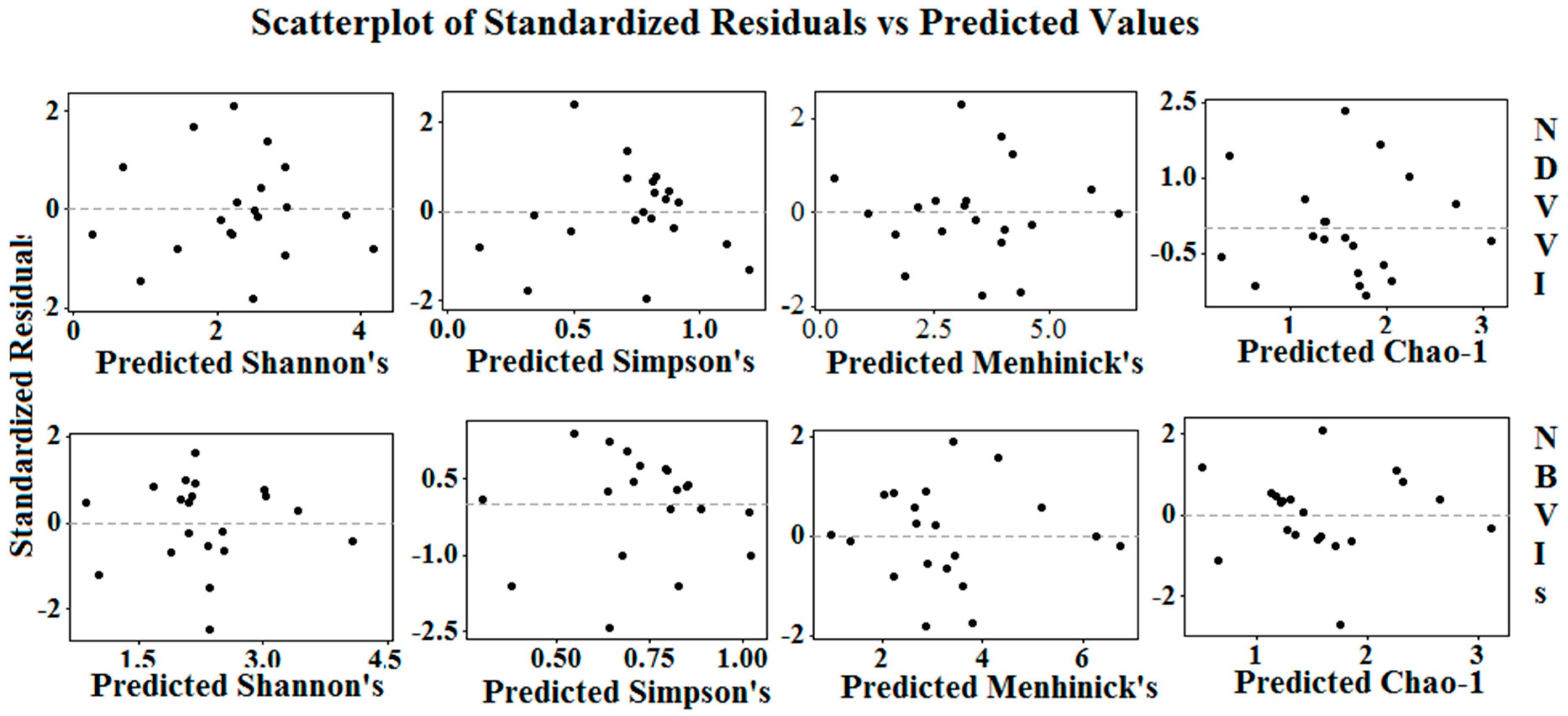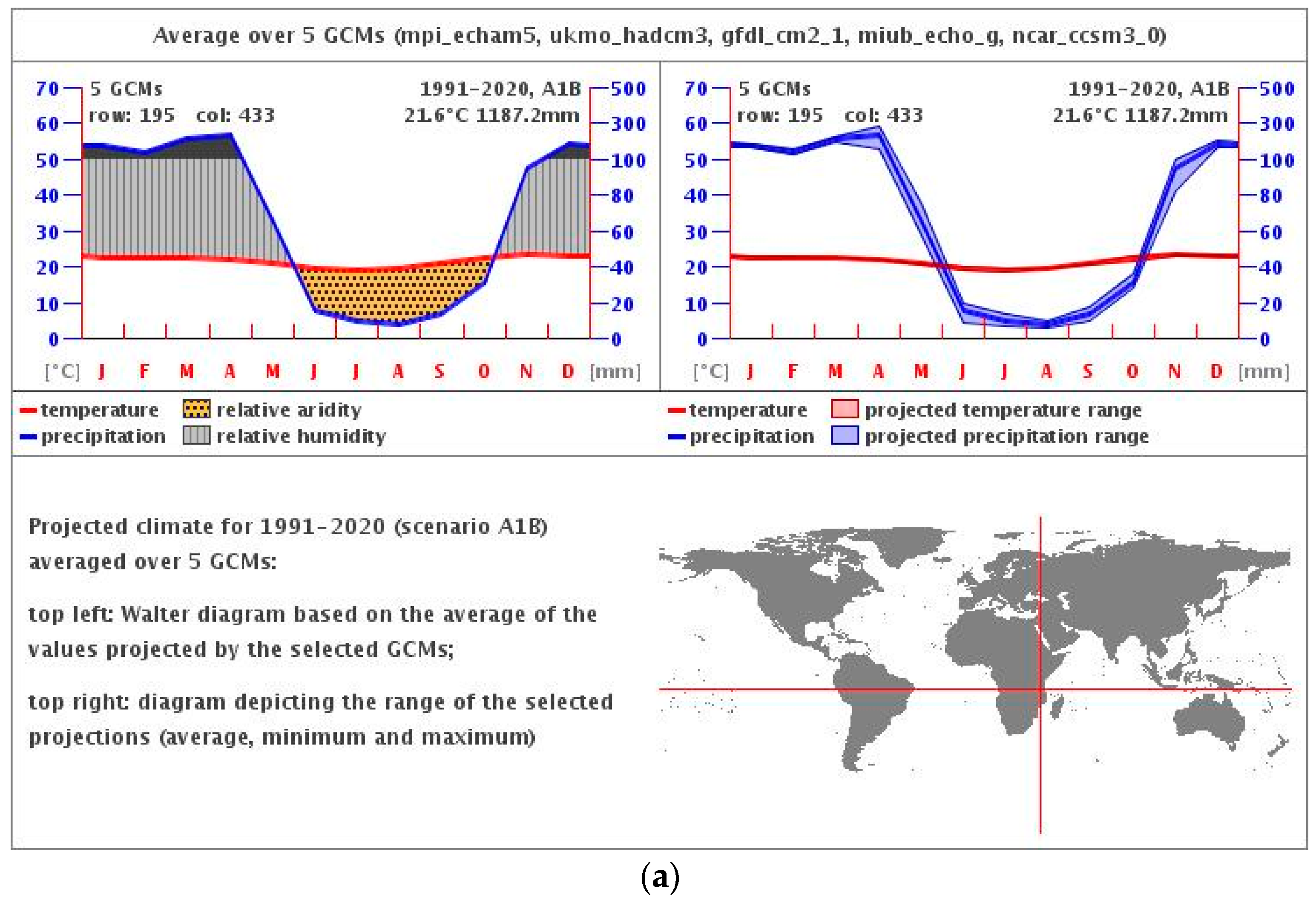

" Searching for a New Model of Governance in the High Seas: Game Theory Applied to International Commons Management," Manuel Pacheco Coelho & José António Filipe, 2021." Assessment of Regional Fisheries Management Organizations Efforts toward the Precautionary Approach and Science-Based Stock Management and Compliance Measures," Journal of Environmental Studies and Sciences, Springer Association of Environmental Studies and Sciences, vol.

" Ocean plastics and the BBNJ treaty-is plastic frightening enough to insert itself into the BBNJ treaty, or do we need to wait for a treaty of its own?," " The sustainable use and conservation of biodiversity in ABNJ: What can be achieved using existing international agreements?,"

& Rayfuse, Rosemary & Gjerde, Kristina & Warner, Robin, 2014. The article concludes with suggestions on possible next steps in order to succeed in the negotiations for an agreement. It addresses cross-cutting issues such as the governing principles, institutional structure as well as on other critical points such as High Seas fishing and flag State responsibilities. It first reviews the history of UN discussions, and then elaborates on options to address key elements identified as priorities for States in 2011: marine genetic resources, including the sharing of benefits, area-based management tools, including marine protected areas, environmental impact assessments, capacity-building and the transfer of marine technology. To inform these international discussions, this article highlights some potential options for the content of a new UNCLOS Implementing Agreement. In follow-up to this commitment, it was agreed to consider the “scope, parameters and feasibility” of this instrument. In June 2012, at the United Nations Conference on Sustainable Development held in Rio de Janeiro, Brazil, States agreed to take a decision on the development of an international instrument under UNCLOS before the end of the 69th session of the United Nations General Assembly (UNGA), which runs from September 2014 to August 2015. Support for a new international agreement under the United Nations Convention on the Law of the Sea (UNCLOS) – an Implementing Agreement – on the conservation and sustainable use of marine biodiversity in ABNJ has been growing. For nearly a decade, governments have been discussing the need to improve efforts to conserve and sustainably use marine biodiversity in areas beyond national jurisdiction (ABNJ).


 0 kommentar(er)
0 kommentar(er)
